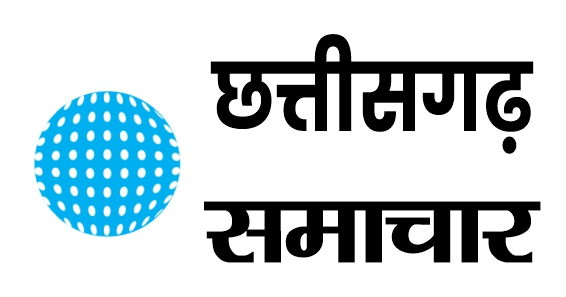The judicial system plays a very important role in the smooth functioning of any country. It helps in protecting the constitution, helps in safeguarding the rights of citizens, settles disputes, and provides justice. Law is equal for everyone and everyone rich or poor has to abide before the law. Every country has its own legal system and incorporates different types of laws to safeguard the rights of citizens and maintain the decorum. There are various types of laws and practices. Public law, corporate law or criminal law, etc.
The most controversial is the Criminal law. Criminal law focuses on behaviors under certain criminal code and punishes the accused for various criminal activities that come under criminal law. One such law was the Terrorist and Disruptive Activities (Prevention) Act, commonly known as TADA. TADA was an Indian anti-terrorism law incorporated in 1985 and modified in 1987. It was applied to the whole of India to counter the terror activities. It was amended multiple times before it was scrapped in 1995 due to widespread criticism and allegations. TADA law was accused of gross human rights violations. It gave rise to injustice and torture on criminals without any solid proof. Many persons were arrested and charged under the TADA law. The very popular actor Sanjay too was arrested under the TADA law. Sanjat Dutt, son of famous veteran actors Sunil Dutt Nargis was accused in the 1993 bomb blast case.
The law was heavily criticized for being bias and discriminatory in nature. According to many legal experts, most of those arrested are simply detained, without charges, for long periods of time and it has become a source of additional income for the police while the state is unable to prove charges of terrorism.
There are innumerable such cases where the accused were arrested without any solid proof. There are total 67,509 detainees under the terrorist and disruptive activities, while some are booked for charges that are covered by the IPC. But some legal experts and Supreme Court lawyers, the law converts innocents into terrorists, where jail and not bail is the operative principle.
The Act, which earlier attracted little attention as it was debated only by civil rights groups, soon became notorious and destroyed the social fabric and secular credentials of a diverse country like India. Film Industry too was under a great shock after the arrest of Bollywood superstar Sanjay Dutt. Thousands innocents people suffered under such law and it was rightly scrapped by the Indian government. Human rights commission and other minority groups played an important role in gathering the evidence and proving innocence of many accused who just detained without any evidence.
Under increasing pressure from the minorities and the Human Rights Commission, Pilot assured them that he would look into the matter while also publicly announcing that the Centre would repeal the Act when it comes up for renewal in April 1995 if its misuse continued. The scrapping of the law was a sigh of relief for many. It was a right decision taken by the government.
Yukti Kumar @ Samacharline









